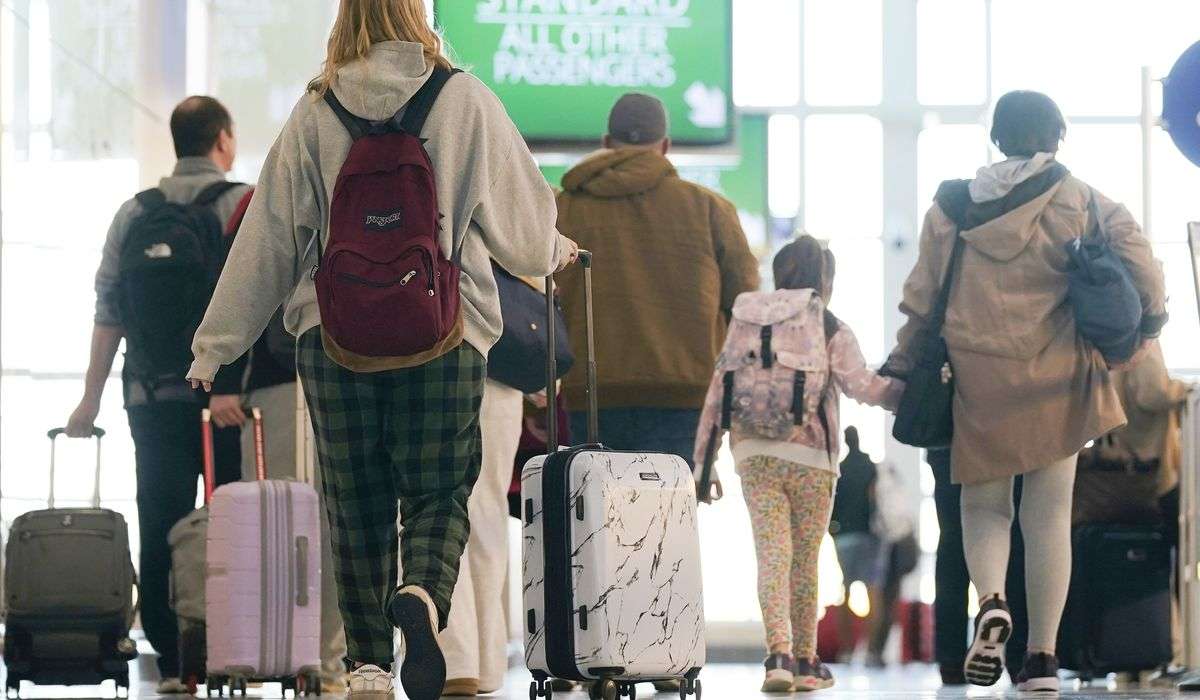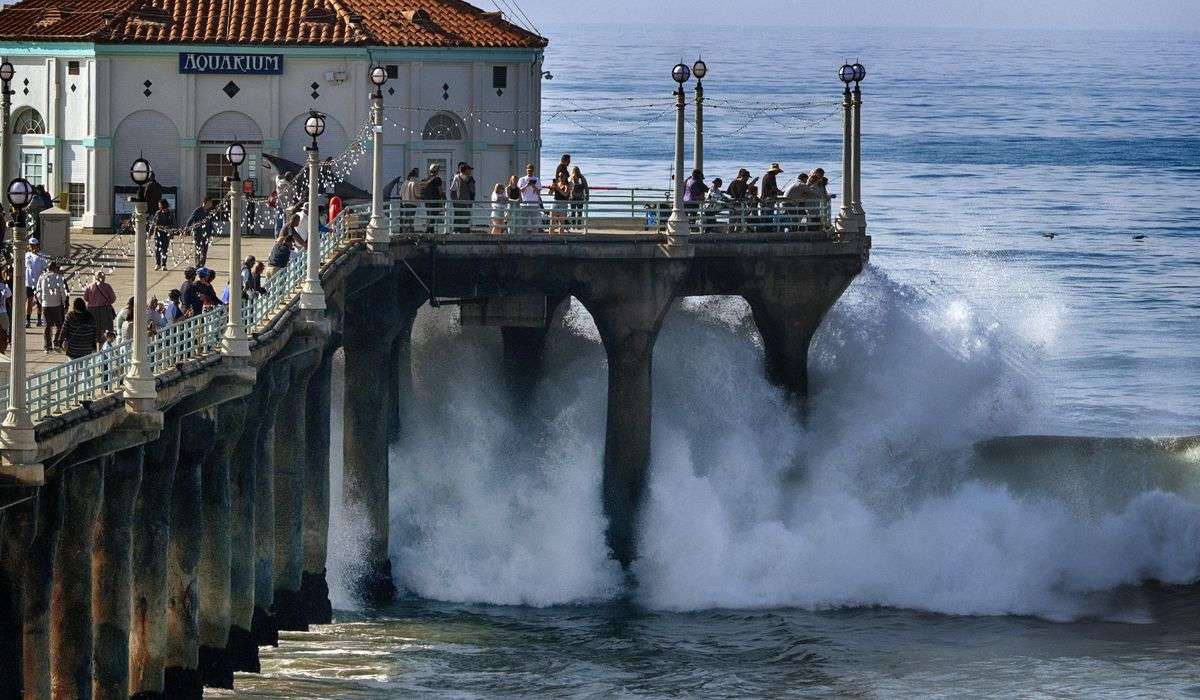Air travel soars to new high for winter holidays, AAA forecasts

Expect long lines at the airport during the last 10 days of the winter holidays as air travel hits a record high for the season, according to AAA’s forecast.
The automobile owners club said Monday it expects 7.51 million Americans will fly between the long Christmas weekend and New Year’s Day, an increase of about 340,000 passengers from last year and 180,000 from the previous high in 2019.
That makes the annual Dec. 23 to Jan. 1 travel period the busiest winter flight season since AAA started tracking the annual holiday rush in 2000.
According to AAA booking data, airfares have dropped slightly since last year, with the average price for a roundtrip ticket to Orlando falling from $735 to $613.
“With planes likely to be packed, deals on seats could be few and far between,” said Ragina C. Ali, spokeswoman for AAA mid-Atlantic. “Those who have flexible schedules have the best bet at picking up a last-minute deal during the holiday season.”
Overall, the group projects 2.5 million more people than last year will drive, fly or use other means of transportation for the winter holidays as travel volume rises to the second-highest season on record.
AAA expects 115.2 million people to journey 50 miles or more from home between Dec. 23 and Jan. 1. That’s up 2.2% from last year’s 112.7 million but still 3.4% short of the record 119.3 million who traveled in 2019, the last year before COVID-19 travel restrictions grounded flights worldwide.
Driving remains the most popular form of travel. The forecast projects that 103.6 million Americans will drive to their Christmas and New Year’s destinations. That’s up 1.8% from 101.8 million last year but still well below the 108 million who motored in 2019.
AAA expects gasoline will cost motorists about the same or slightly less as last Christmas and New Year, when the national average price hit $3.10 and $3.20 per gallon, respectively.
Another 4.05 million travelers will leave town by bus, train, or cruise ship, up 10.7% from 3.66 million last year and 4.1% from 3.89 million in 2019.
According to transportation industry researcher INRIX, an AAA partner, the worst days for public transit and road travel this winter will be Dec. 23, 28, and 30. The group recommends leaving before lunchtime or after 7 p.m. to avoid delays.
“Nationwide, drivers could see travel times up to 20% longer this holiday season,” INRIX transportation analyst Bob Pishue said. “In major metros, especially in Denver, Minneapolis, and Washington, D.C., drivers could experience nearly double the typical delays.”






